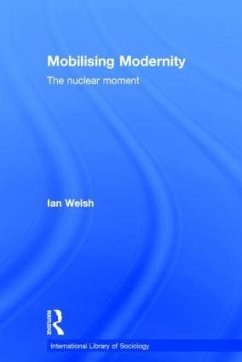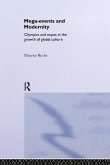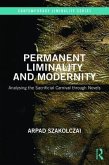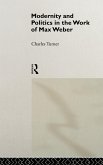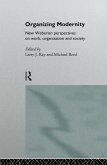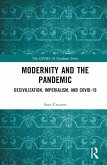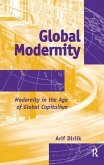During the nuclear heyday of the post-war years advocates of atomic power promised cheap electricity and a prosperous future. From the present, however, this promise seems tarnished by accidents, leaks and a lack of public confidence. Mobilising Modernity traces this journey from confidence in technology to the anxieties of the Risk Society questioning a number of conventional wisdoms en route. Paying close attention to social, political and policy aspects throughout, this book considers: * the nuclear moment from global collaborative project at Los Alamos to fragmented, bitterly competing projects * the 'atomic science movement's' use of symbolic resources to win national ascendancy * the implications of secrecy and the establishment of quasi-commercial organisations within the nuclear industry. This fascinating study also argues for the ongoing importance of the non-violent direct action groups that flourished during the 1970s, showing their continuing influence on today's new social movements. Welsh concludes by considering the implications of this historically based account for contemporary issues of risk and trust on current policy-making.
Hinweis: Dieser Artikel kann nur an eine deutsche Lieferadresse ausgeliefert werden.
Hinweis: Dieser Artikel kann nur an eine deutsche Lieferadresse ausgeliefert werden.

